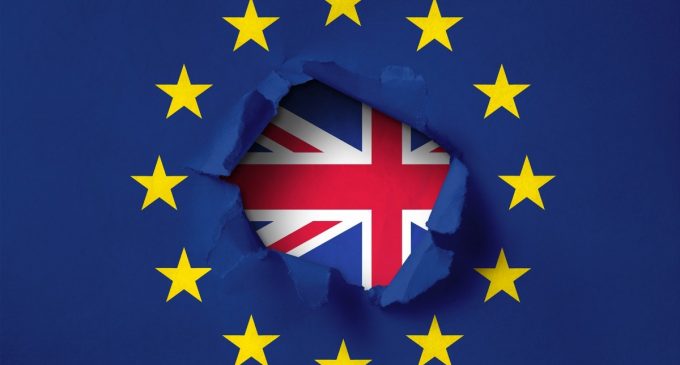Brexit: food industry calls for clarity

The UK food and beverage industry is calling for swift action to move from speculation to real details as the sector waits to find out what the EU exit will mean in real terms for the industry. According to Ian Wright, director general of the Food and Drink Federation (FDF): “The triggering of Article 50 provides us with a definitive timeframe for the UK to exit the EU and the clock is ticking. We hope this means we can move swiftly from the realm of speculation into one where real issues are being resolved,” he says.
“The results of the negotiation will have lasting implications – for our people, businesses and economy. Food is at the heart of our culture, identity and security. It is vital that the Government prioritises food and drink.
“FDF on behalf of manufacturers, alongside our partners across the food chain, will work tirelessly to help government to secure the best possible outcomes on future trade, access to the right workforce, regulation and ensuring a seamless border with the Republic of Ireland.”
Similarly, FoodDrinkEurope, underlined the need to minimize the business impact of the UK’s departure on European food and drink companies and the need to establish a new and sustainable working relationship as quickly as possible.
“EU-27 food and drink trade with the UK is worth some €45 billion (US$48.3 billion), making it our largest trading partner. Exchanges both ways will be greatly affected by this decision, with economic consequences which still remain to be fully understood,” says Mella Frewen, director general of FoodDrinkEurope.
“The time has come for both parties to engage in meaningful negotiations, to create certainty for citizens and business. We encourage negotiators to work for the best deal, one that keeps barriers to an absolute minimum.”
“As the EU’s largest manufacturing industry, the food and drink sector must be a priority in the upcoming negotiations. Minimizing uncertainty is essential for ongoing business, for growth and investment. Ensuring the least possible disruption of trade in raw materials, ingredients and finished food and drink products, and minimizing regulatory divergence, will be crucial elements in the negotiations for our industry.”
“It will be vital to ensure there is adequate time for transition to new arrangements for the highly integrated and sophisticated supply chains that exist in the EU food industry.”
Meanwhile, Scotland’s National Farmers’ Union is calling for a start to “genuine negotiations on the future of farming”. Since the outcome of the referendum on EU membership in June 2016, the Union has used the time to build a case for Scotland’s farmers and crofters to be supported outside of the EU – via continued free trade with the EU; new, ambitious international trade deals; access to a non-UK labor pool and a well-funded, refreshed agricultural policy that fits the needs of Scotland’s unique landscape and farming practices.

































